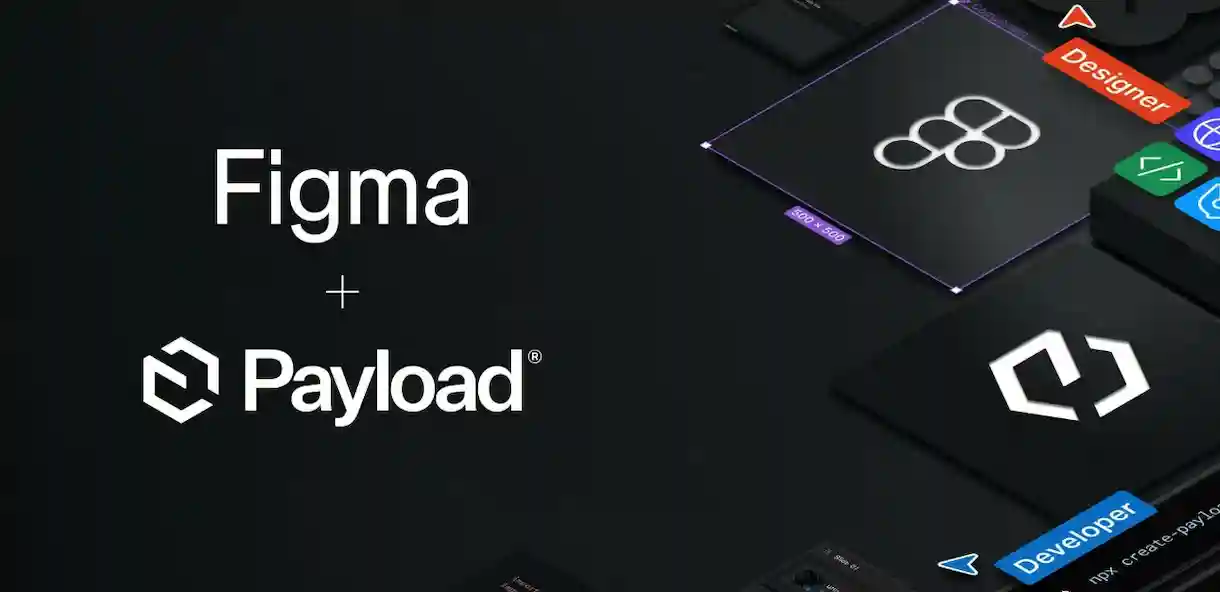Not long ago, Figma announced Figma Sites, effectively turning the platform into a kind of CMS. Figma’s acquisition of Payload aims to strengthen its ambition to transform the market-leading design tool into software that can publish directly to the web and manage content with the simplicity and power of a modern CMS.
Payload is still a young CMS, built with modern technologies such as Next.js and React, released under an open-source licence and clearly aimed at technical profiles, which does not fully align with the goal of closing today’s persistent gap between code and design.
After the announcement of Figma Sites, many people voiced their views, yet few realised that, behind the scenes, the coding layer was being handled by Payload thanks to its headless architecture.
Although Payload is open-source, Figma is not, and while it has been confirmed that nothing will change on the CMS side, some developers in the community have already raised concerns. Both companies, however, share a habit of releasing updates frequently and maintaining a close relationship with their community and customers.
The deal has been billed as a major acquisition for both parties. Payload gains access to greater resources and more ambitious projects, while Figma secures the powerful, customisable CMS back-end it sought to pair with its popular design tool for building scalable websites and applications.
Perhaps the fact that Payload was already in use by leading Fortune 100 companies also helped seal the deal.
* Original article written in Spanish, translated with chatGPT and reviewed in English by Jorge Mediavilla.

